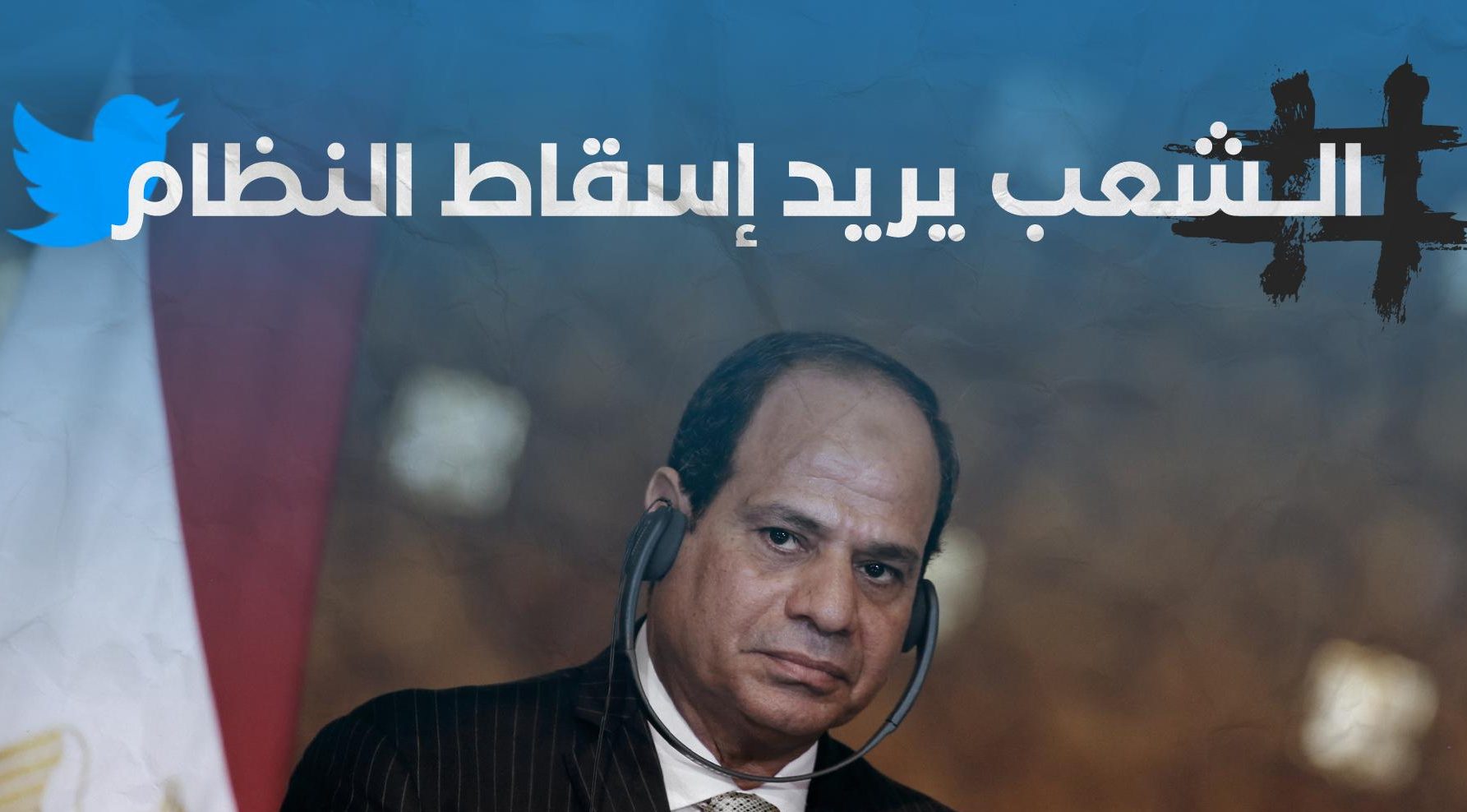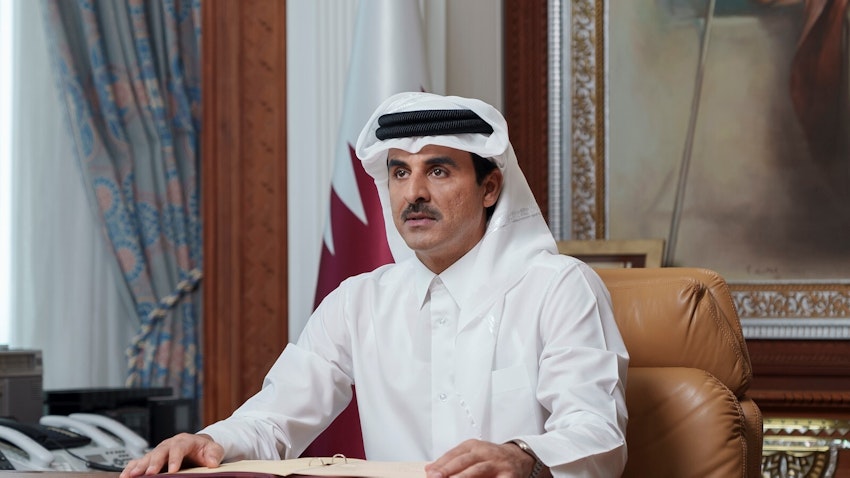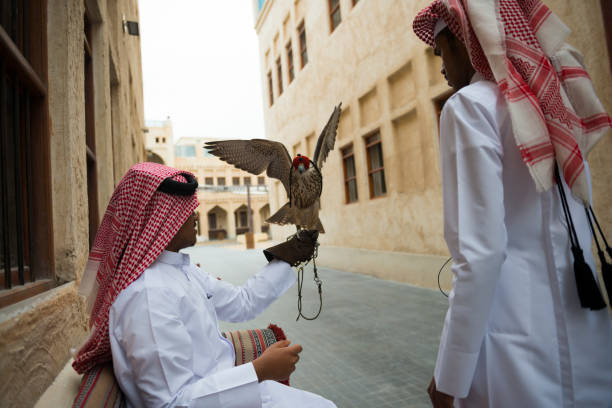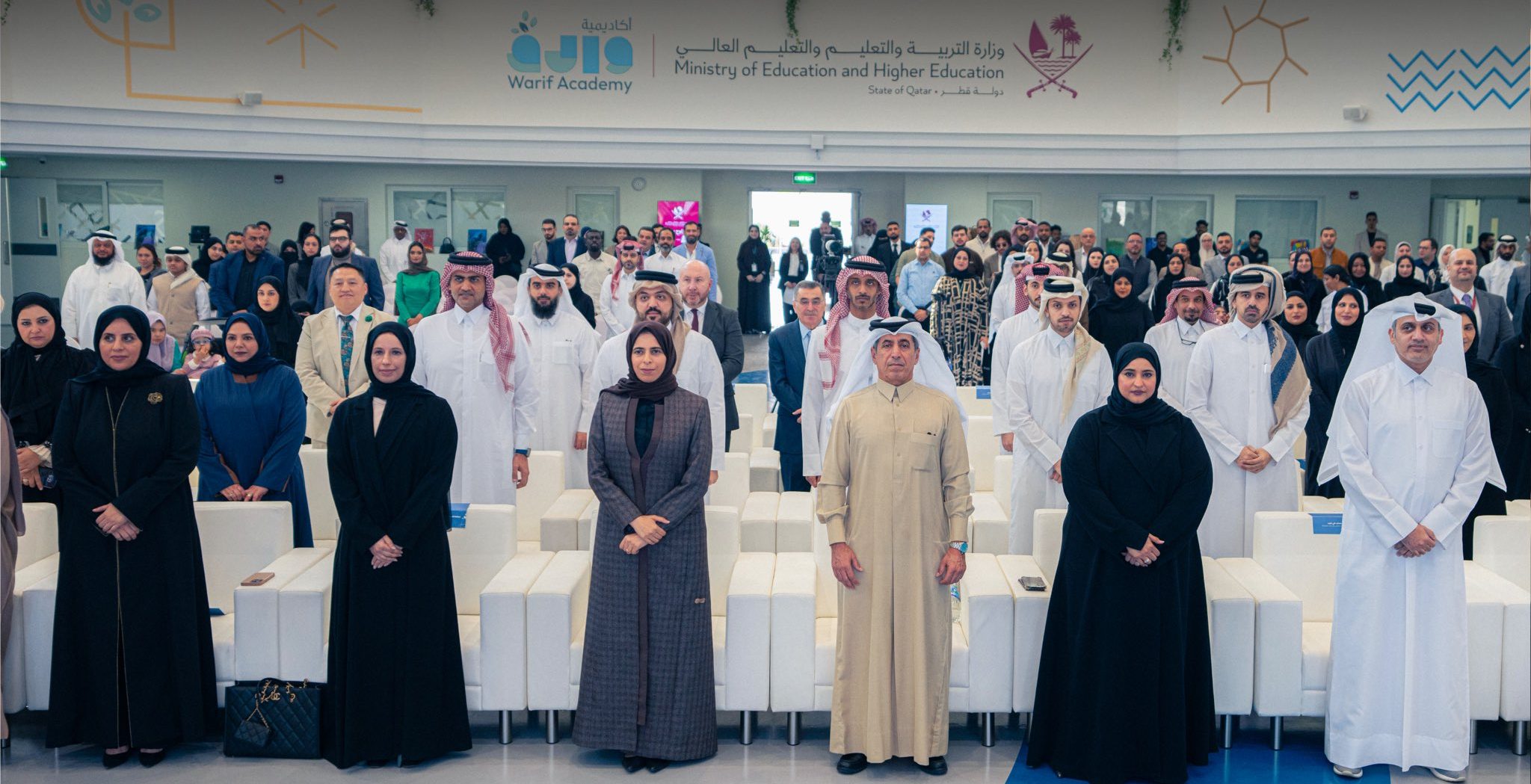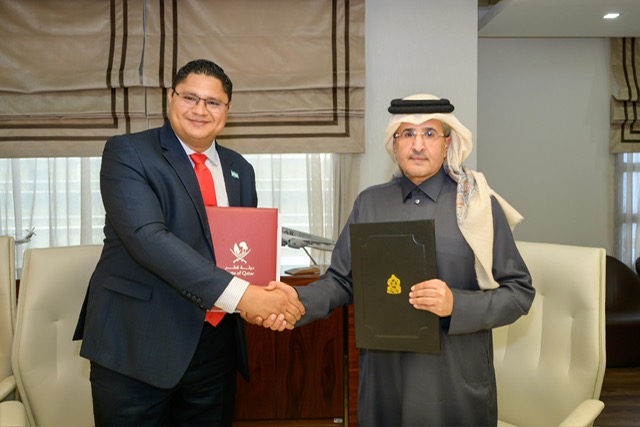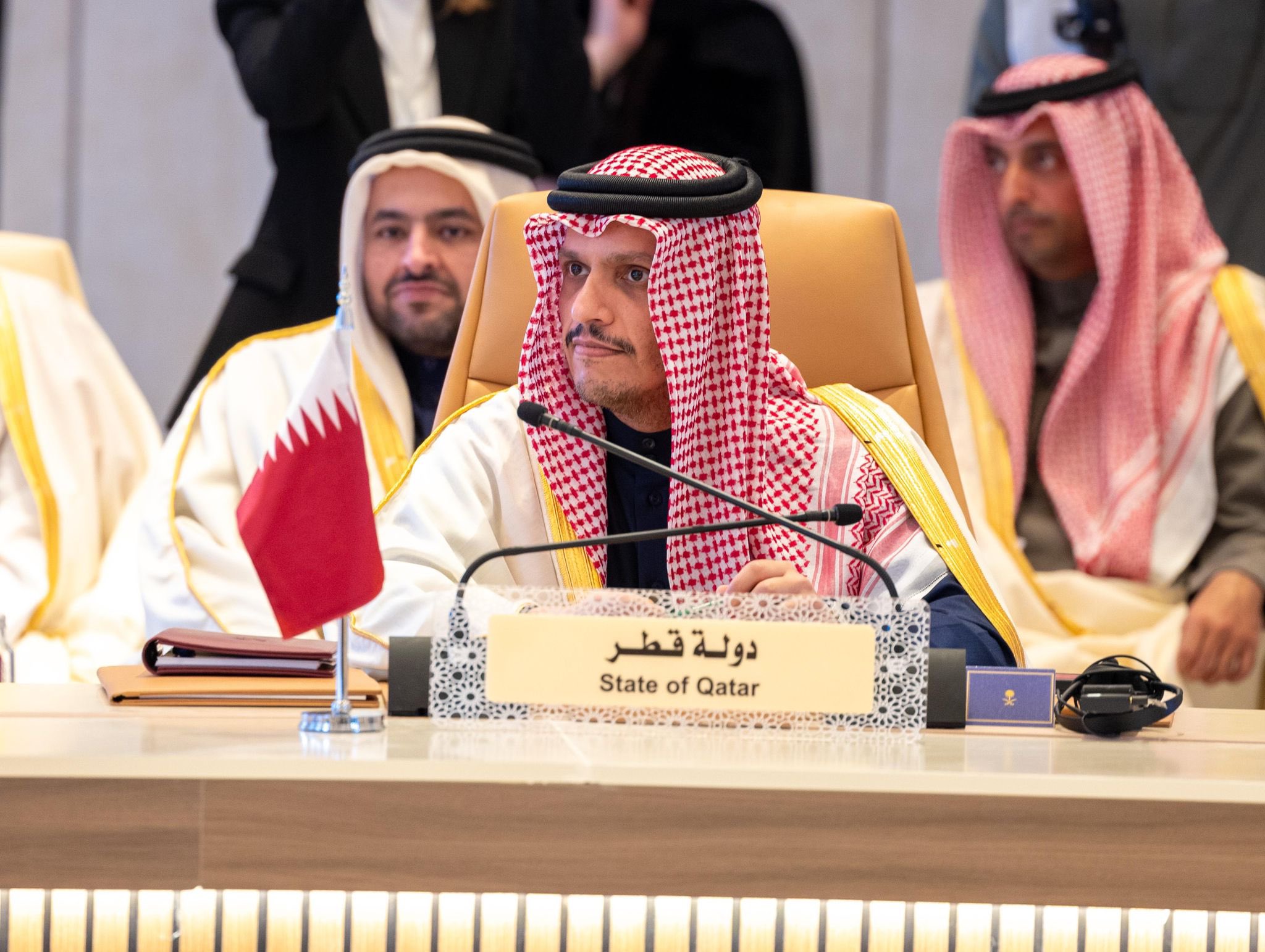Qatar has been working on mending ties with the Egypt ever since the Al-Ula Declaration was signed last year.
The hashtag #ارحل_يا_سيسي (Sisi_Leave) has gone viral on Qatari social media platforms after the Egyptian President declared, during a speech on Thursday, that he would step down if the people demanded it.
Over three anti-Sisi hashtags have trended in Qatar and across the wider Arab region, as thousands rushed to demand Abdel Fattah Al-Sisi resign as president after his statement.
“Stick to your words, Abdel Fattah Al-Sisi, and leave, as you yourself said” a Twitter user wrote.
#ارحل_يا_سيسي
Arrests.. Enforced disappearance.. Judicial rulings in the state security and emergency courts.. Arrest of every person of opinion and abuse of his family.— Hektor (@hektorazoic) January 14, 2022
“An estimated 60,000 political prisoners are being held in #Egyptian jails, according to rights groups, and the country is considered the world’s third worst jailer of journalists, behind China and Turkey”, another user said, as he demanded the former army general steps down.
An estimated 60,000 political prisoners are being held in #Egyptian jails, according to rights groups, and the country is considered the world’s third worst jailer of journalists, behind China and Turkey.#ارحل_ياسيسي#ارحل_يا_سيسي
pic.twitter.com/yAzUyx5FhU— خالد نيويورك (@KhaledEibid) January 14, 2022
This comes just days ahead of the anniversary of Egypt’s January 25th revolution, which saw millions of protesters take to the streets throughout the country as they brought about the end of former autocratic ruler Hosni Mubarak’s rule in 2011.
Eleven years later, people are demanding the same, albeit the toppling of a different dictatorship.
Since seizing power, every year on January 25th, Sisi’s regime fills the street with thousands of police officers and military tanks to prevent any dissent or public protests. Those who have tried to demonstrate have often been detained or forcibly disappeared.
Unquestioned Dictatorship
The Egyptian President’s latest attempt to crackdown on dissent took place just a few days ago when authorities forced one of the country’s last independent human rights organisations, the Arabic Network for Human Rights Information (ANHRI), to shut down due to the implementation of new ‘restrictive laws’.
Founded in 2004 by a team of lawyers and activists, the rights group used to document the consistent violations of the regime against citizens, journalists, and political prisoners in Egypt and the region— including the jailing of several Al Jazeera journalists in previous years.
Last week, Cairo extended the detention of Al Jazeera journalist, Hisham Abdelaziz, for an additional 45 days despite authorities exceeding the legal period of pretrial detention.
Abdelaziz was arrested in Cairo International Airport on 20th June 2019, accused of “joining a terrorist group”, an accusation often used by the regime in Cairo to crackdown on journalists and political dissidents.
Al Jazeera has slammed the accusations leveled against its employee as “baseless” and called for his immediate release by Egyptian authorities.
Since the Arab Spring in 2011, Al Jazeera journalists have been heavily targeted by Egypt’s military and security apparatus who are considered to be the vanguards or what analysts describe as ‘the deep state’.
Moreover, shutting down Al Jazeera was among the 13 demands presented by Egypt, Saudi Arabia, Bahrain, and the UAE during the 2017 blockade on Qatar.
However, after the lifting of the blockade on Doha, Al Jazeera broadcasted live from Cairo for the first time in eight years in August 2021—months after the restoration of diplomatic ties between Qatar and Egypt and the signing of the Al-Ula Declaration.
The crackdown on journalists affiliated with the channel remained however, even after the blockade was lifted, amplifying concerns regarding the safety of the press in Egypt.
Qatar-Egypt ‘Warming Ties’
Since the announcement of the Gulf reconciliation last January, Egypt and Qatar have continued to strengthen relations that were strained in the past years.
Cairo withdrew its ambassador from Doha in 2017, immediately after the Gulf crisis saw the UAE, Saudi Arabia, Bahrain, and Egypt impose an illegal air, land and sea blockade.
In June 2021, Egypt re-appointed an ambassador to Qatar, following a similar move made by Saudi Arabia.
The Qatari diplomat noted that there is a “genuine intention by the leaders of the two countries to achieve rapprochement”, while announcing that the next Qatari-Egyptian Follow-up Committee meeting will take place in October.
In August 2021, the Gulf state’s Amir Sheikh Tamim bin Hamad Al Thani met with the North African president in Baghdad for the first time in over four years, where pictures of them shaking hands were taken.
In October, Cairo’s Foreign Minister, Sameh Shoukry, told local Ten Channel that Qatar and Egypt’s ties are currently moving towards a “positive path” and the two countries are removing “past impurities”.
The Egyptian official noted that Doha and Cairo are working on resolving past disputes in the aftermath of the 2017 GCC crisis, on the basis of mutual respect and non-interference in each country’s internal affairs.
Several economic trade agreements and business deals have been made between the two countries, in addition to ‘warming’ messages being exchanged between both leaders to strengthen bilateral ties that were severed during the GCC dispute.
Follow Doha News on Twitter, Instagram, Facebook and Youtube

